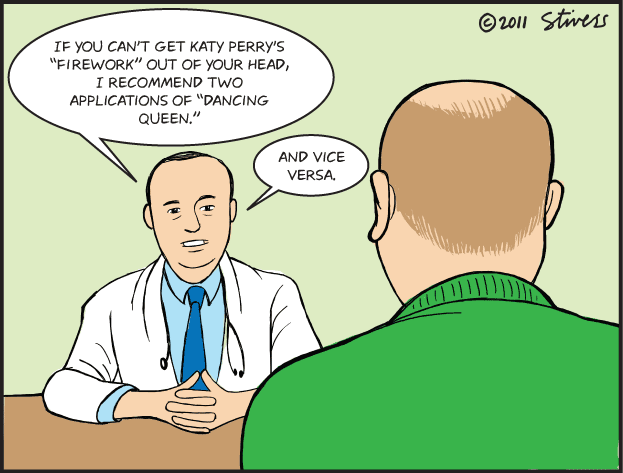
What difference will this one-time event make in a month, a year, or a decade? What are the counterarguments to your underlying beliefs? You might consider your past accomplishments, the things you received praise for, or anything that proves the situation is an exception. What are other possible explanations for the event other than the one you have concluded? How would your role model or someone you respect interpret the event? If the same thing happened to your best friend or someone you love, how would you interpret the event? Here are few questions you can use in this process: It's about finding a new frame or angle that enables you to neutralize related emotions. This step is about challenging your thoughts and beliefs to see the situation more objectively. What was my automatic reaction? Describe your actual response to the situation.ĭ=Dispute. How do I feel about the event? Make a list and rate them on a scale of 1 to 10. What kind of automatic negative thoughts are going through my mind? (Writing them down might help you see the faulty logic.) Here are three questions to help you diagnose the results of your beliefs: The consequences of an event are interpreted through our beliefs. Here are a few questions you can ask yourself:Ĭ=Consequence. Creating a new way of thinking or creating a new frame is like taking a snapshot of something currently happening to you and letting your mind analyze the situation. While beliefs are hard to change, switching to a new way of seeing things can be a bit easier. We see the world through the lens of how we perceive life and how we react to them. Our subjective reality is anchored in our core beliefs, values, life experiences, and expectations. That's why you have to take proactive steps to see both the negatives and the positives.ī=Beliefs.

Our mind loves to focus on the negative side of a problem, especially when something negative happens to us.

The goal here is to see the situation as accurately as possible. A valuable way to do this is to follow a well-established technique in cognitive therapy called the ABCDE technique.Ī=Activating the event.

This technique involves redefining a problem or challenge in a new way or context, allowing us to recognize and appreciate positive aspects of our situation. One of the most effective techniques is called cognitive reframing.

Still, there are things we can do to enhance our ability to reframe stressful or difficult situations. Most of us don't have the time or the desire to take a stand-up comedy class. This resulted in an increase in their psychological well-being (McGhee, 2010). For example, a study with military veterans found that participants in a 7-week stand-up comedy class showed an increase in the ability to reframe a stressful situation in a humorous way. On the other hand, people who use humor to tease, ridicule, insult, or demean others do not improve their psychological well-being (Stieger et al., 2011).Ī recent study showed that humor can be used as a conscious strategy to cope with potentially stressful events by learning to interpret a stressful event using humor (Olah & Ford, 2021). For example, people who use humor in positive ways to amuse others or cope with adversity in a more light-hearted way can add to their psychological well-being.


 0 kommentar(er)
0 kommentar(er)
